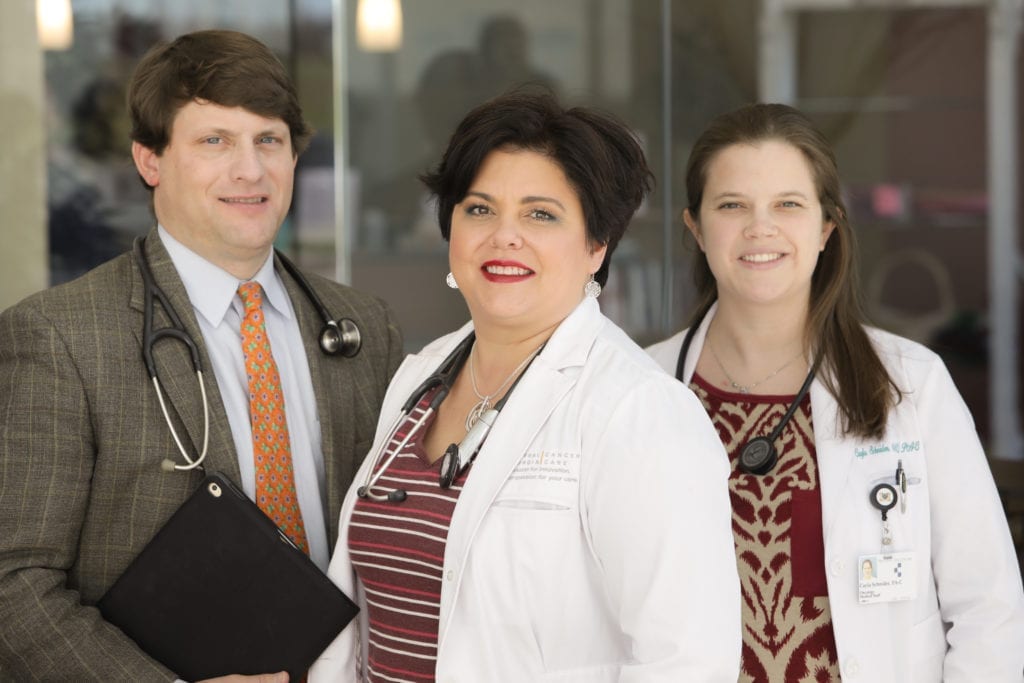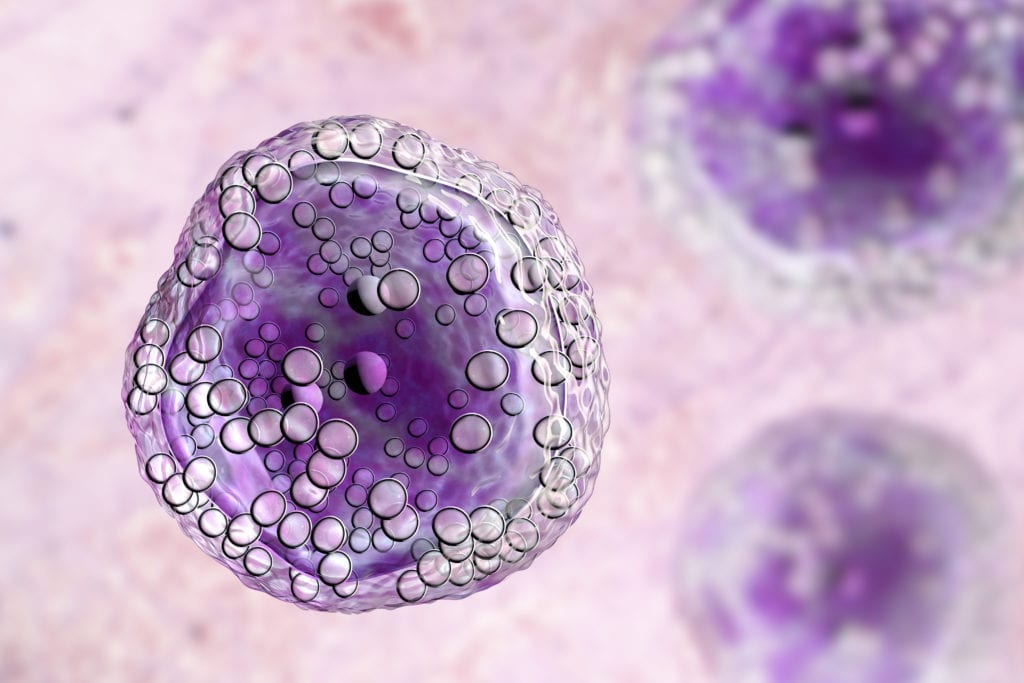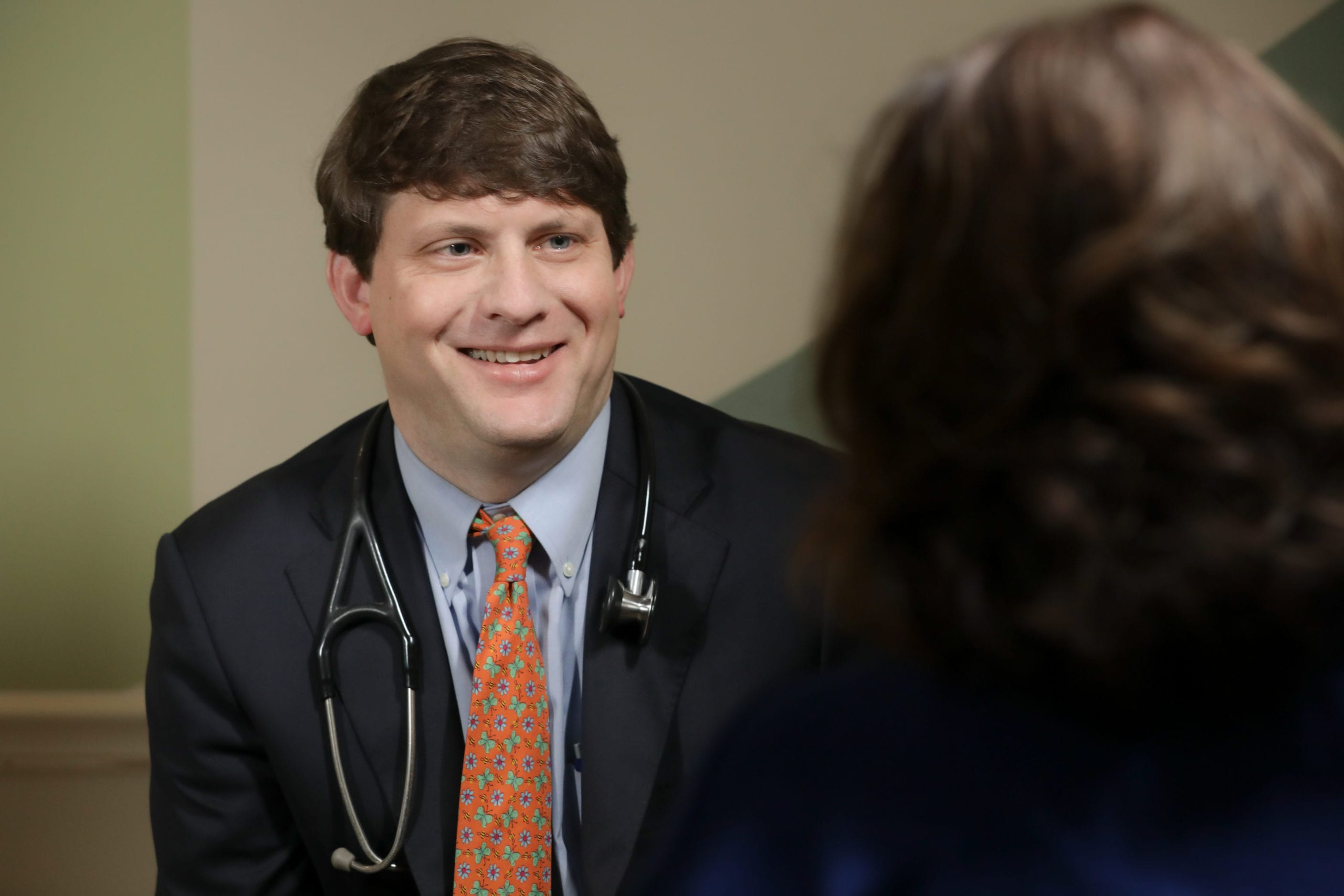Lymphoma What is Lymphoma?



What is Lymphoma?
Lymphoma begins in the lymph system, which is essentially the filtering or “housekeeping” system in the body. The lymph system is a network of vessels (tubes) which connect the lymph nodes. Lymph is a watery liquid which flows between the cells in the body, picking up foreign debris or bacteria and taking it into the lymph node for filtering. From the lymph node, the debris may travel through more nodes before being dumped into the bloodstream to be ultimately cleared by the liver.
- Lymphocytes, a type of white blood cell, are important in fighting infection and to create an immune response within the body.
- There are three types of lymphocytes:
- B cells move through the bloodstream, producing proteins called antibodies. B cells start their lives in bone marrow and then develop fully in the lymph nodes.
- T cells develop in the thymus gland and directly attack the cells identified by the B cells.
- NK (or Natural Killer) cells are also part of the innate immune system and originate in the bone marrow.
Signs of Non-Hodgkin Lymphoma include:
- The first sign of NHL is the swelling of one or more lymph nodes, but this symptom is easily ignored because the enlargement in many cases is painless.
- Some patients have systemic symptoms (referred to as “B symptoms”) including persistent fever, drenching night sweats, or weight loss.
- Other symptoms may include fatigue, itchy skin, and alcohol intolerance.
Symptoms of Hodgkin Disease include:
- Painless swelling of lymph nodes in your neck, armpits or groin
- Persistent fatigue
- Fever
- Night sweats
- Unexplained weight loss
- Severe itching
- Increased sensitivity to the effects of alcohol or pain in your lymph nodes after drinking alcohol.
.embed-container { position: relative; padding-bottom: 56.25%; height: 0; overflow: hidden; max-width: 100%; } .embed-container iframe, .embed-container object, .embed-container embed { position: absolute; top: 0; left: 0; width: 100%; height: 100%; }
Types of Lymphoma Non-Hodgkin lymphoma & Hodgkin lymphoma
There are more than 70 types of lymphoma. Lymphomas are categorized into two broad groups: Non-Hodgkin lymphoma and Hodgkin lymphoma. Both types can occur in either children or adults.
The primary difference between these two categories of lymphatic cancer is the type of lymphocyte that is affected. Hodgkin lymphoma is marked by the presence of Reed-Sternberg cells, which a diagnostician can identify using a microscope. In Non-Hodgkin lymphoma, these cells are not present.
Non-Hodgkin Lymphoma (NHL)
Non-Hodgkin Lymphoma (NHL) makes up about 4% of all U.S. cancer diagnoses each year, occurring slightly more frequently in men than women and more frequently in people over the age of 65.
Non-Hodgkin Lymphomas
Non-Hodgkin Lymphomas are a group of cancers in which B cells, T cells, or NK cells in the lymphatic system change and grow out of control, sometimes forming a tumor. B-cell lymphoma is the most common type of NHL.
Hodgkin Lymphoma (or Hodgkin Disease)
Hodgkin Lymphoma (or Hodgkin Disease) is much less common than NHL, occurring in adults between 20 and 40 years old and those over 55. In Hodgkin Lymphoma, cells in the lymphatic system grow abnormally and may spread beyond it.
Second opinion Understanding Your Condition with a Second Opinion
Getting a second opinion means asking another physician to review all your medical reports and test results, give an opinion about your diagnosis and how it should be treated. CGCC is often asked for second opinions about a patient’s cancer diagnosis.
Second Opinion?
“Lymphomas are blood cancers that develop in the lymphatic system. Non-Hodgkin Lymphoma (NHL) is the seventh most common cancer in both men and women. At Central Georgia Cancer Care we treat many lymphoma patients and are excited to see lymphoma treatments making headway in clinical trials. The science of oncology is unfolding new hopes for our cancer patients.”
Harry F. Moore, M.D.
Questions Questions For Your Doctor
As your partners for health, CGCC wants to help you make informed decisions about your health care. Please feel free to ask any question you may have, even those beyond the list that follows. It may also be helpful to bring someone along to your appointments to take notes
- What type and subtype of Lymphoma do I have?
- Can you explain my pathology report (laboratory test results) to me?
- What stage is the lymphoma? What does this mean?
- Would you explain my treatment options?
- What clinical trials are available for me? Where are they located, and how do I find out more about them?
- What treatment plan do you recommend? Why?
- What is the goal of each treatment? Is it to eliminate the lymphoma, help me feel better, or both?
- Who will be part of my treatment team, and what does each member do?
- Do I need to begin treatment right away?
- How will this treatment affect my daily life? Will I be able to work, exercise, and perform my usual activities?
- Will this treatment affect my fertility, such as my ability to become pregnant or father children?
- What other long-term side effects may be associated with my cancer treatment?
- What follow-up tests will I need, and how often will I need them?
- If I’m worried about managing the costs of cancer care, who can help me?
- Whom should I call with questions or problems?

“I’ve been seeing Dr Moore since November, and he has been phenomenal. I trust him and his team to make sure I’m taken care of. I hope I never have to recommend him or his team to anyone, but I would if the occasion ever came about. Thanks Dr. Moore!” – Macon patient

